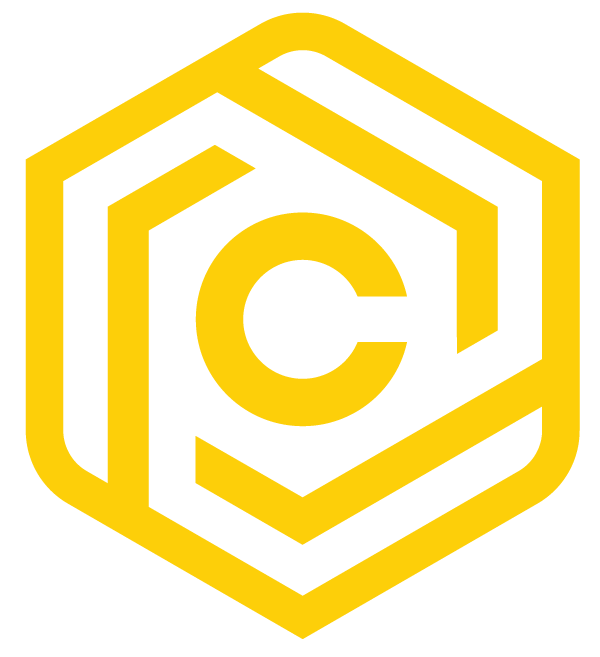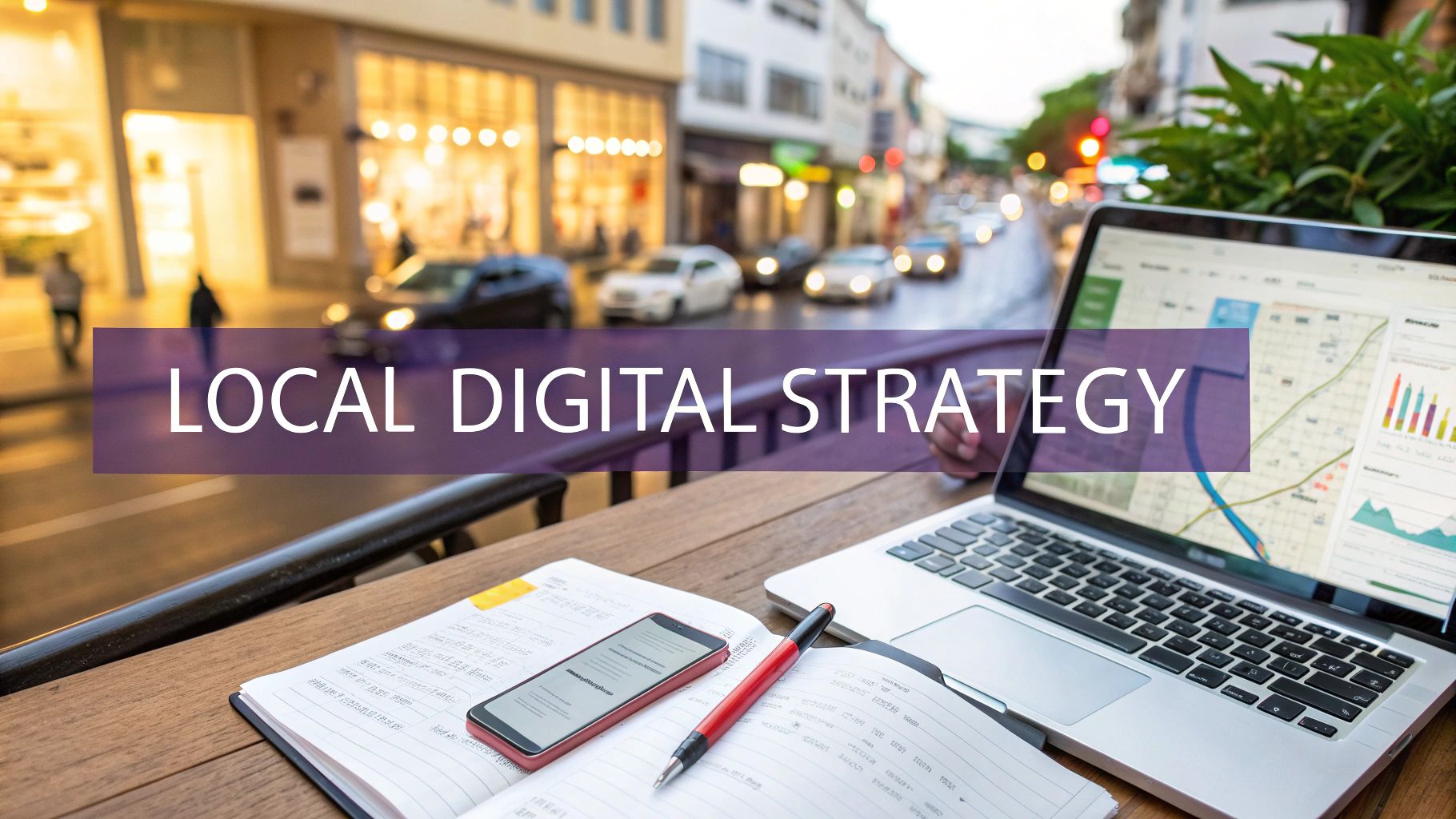Web 3.0 is the next stage of network evolution that will make the Internet more brilliant, and its goal is to become a better version of the virtual world. It is the new breed of the internet. Users can interact and collaborate or process information with near-human-like intelligence. Web 3.0 is a vision for the Internet’s future. Imagine a new type of network that accurately analyses what you say and understands everything you do, whether through speech, text, or other media. But what will it look like and how will it change our lives? Will the world change with Web 3.0?
Web 3.0 has the potential to give significantly more value to users than the majority of Web 2.0 apps, which include social media, streaming, and online commerce. The ultimate goal is to create more bright, connected websites. Web 3.0 is a planned third generation of the internet that is expected to enable a whole slew of new capabilities, the most famous of which is the decentralisation of internet content control. Web 3.0 is causing quite a commotion, leaving many people scratching their heads to figure out what it’s all about.
There are a few early-stage Web 3.0 applications that exist today, but their true potential cannot be seen until the new internet is fully incorporated into the web infrastructure. We’re on the verge of a new era in the evolution of the internet. It’s been called Web 3.0 by some pioneers.
The internet ecosystem, like any other sort of technology, is continually evolving to satisfy society’s rising expectations. Staying educated and informed about what’s next for the internet will assist users in avoiding digital whiplash as a result of the changes that Web 3.0 will bring — assuming it becomes a thing. Web 3.0 promises to improve consumer privacy, making visitors to your website more comfortable, and advanced technologies like AI, ML, and VR will combine to create a 3D experience that blurs the barriers between digital content and physical items, helping both businesses and consumers.
There are a few early-stage Web 3.0 applications that exist today, but their true potential cannot be seen until the new internet is fully incorporated into the web infrastructure. We’re on the verge of a new era in the evolution of the internet. It’s been called Web 3.0 by some pioneers. Web 3.0 is being strongly promoted because content producers are outraged that only a few huge corporations dominate the vast majority of websites and seek a method to regain control.
The new internet will offer a more personal and customized experience, as well as a smarter and more human-like search engine and other decentralized benefits, all of which are supposed to contribute to a more balanced web. This will be achieved by allowing each individual user to take control of their data and enhancing the overall experience through a variety of innovations that will be implemented once it is in place.
The internet will become considerably more integrated into our daily lives when Web 3.0 arrives, which is hard to imagine considering how smart devices have already changed our behavioural patterns.
/*54745756836*/




